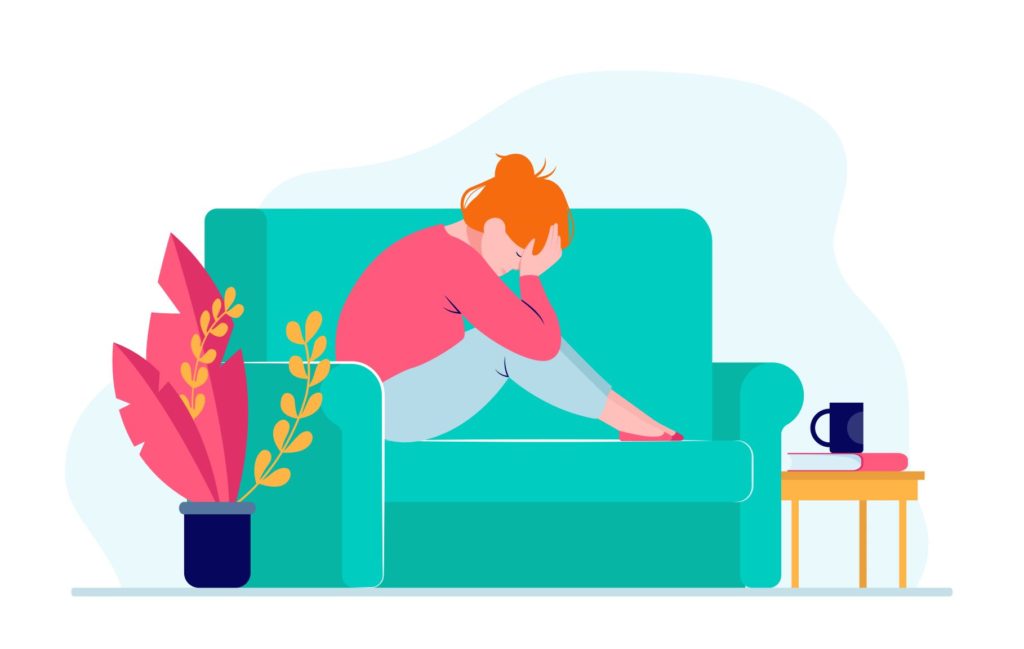5 things to do if you think therapy is not working for you
You have been in therapy for a while and if you feel stuck and you not progressing for quite some time, what can you do about it? Therapy/counselling is a process and it takes time, effort and involvement. So don’t jump to this conclusion very quickly without going through the process.
1. Talk to your therapist about how you feel about therapy.
Talk to your therapist and bring it up. Express how you feel about therapy and your therapist, even if you think it is not positive, there is value in expressing how you feel and processing it with your therapist. That itself could be a therapeutic process and might help you move forward.
You can discuss what works and what doesn’t for you, where you feel stuck and what do want from the therapy process. Your therapist will take your concerns seriously without becoming defensive and perhaps could change their approach / pace and would openly discuss with you and collaborate to address your concerns.
2. Reflect on what is your level of involvement in the therapy process.
Therapy is an involved process. It is a purposeful relationship that you and your therapist are voluntarily involved in, towards a defined outcome. Are you only discussing on and on about your problems? Therapy is a space where you seek change. Your therapist cannot make you change, its an internal process which can only be facilitated for you, with your consent.
It’s a good practice to reflect on, “What am I here for? What am I willing to do to reach my defined purpose? What feelings emerge for me, when I think of change or moving forward?” This could be starting from doing the activity/homework that you agreed upon or reflection/introspection process or journaling and so on. Your therapist may gently explore with you if there are any payoffs (hidden benefits) for remaining where you are.
There might be unconscious ties to your current situation, behaviour, relationships which could be painful but familiar to you from your own past history. Familiarity could be perceived unconsciously as safety and a change be seen as dangerous unknown territory.
3. Are you able to be open and honest with your therapist?
How open and honest are you with your therapist? Do you feel safe and comfortable to talk to your therapist about anything about yourself or your experiences? Have you hidden or avoided discussing any important incidents or experiences which come up for you? Clients can experience guilt, shame in disclosing about certain aspects of their lives or about their childhood or their parents/loved ones.
These could have relevance to the current issue that you are facing. Is there something that is making you feel hesitant to share important details with your therapist?
Therapy is a collaborative process, and without your cooperation and full involvement, the therapist cannot facilitate the change that you are looking for.
4. If you have a clinical condition, you could consider medication.
If you are depressed or anxious and once a week therapy is not showing progress, you perhaps may need a different form of therapy or a clinical intervention or see a medical practitioner. Your therapist could possibly recommend you to see a qualified psychiatrist or provide a referral too. If needed you can also request for / your therapist also could recommend a change in the frequency of your therapy sessions.
If you meet with a psychiatrist and are prescribed medications, it is your responsibility to stay on medication be in regular contact with your psychiatrist as advised. Medication in conjunction with therapy could help you progress forward.
5. You can also look for another therapist.
If still things don’t work you can talk to your therapist and close the process and find yourself a new therapist. Sometimes there could be specific personality aspects between the client and therapist that may not allow for a good therapeutic alliance to develop. Your therapist may be able to provide you an appropriate referral suitable for you. Do not drop off from therapy abruptly without discussing about it with your therapist. I contract with my clients to have a discussion with me if they choose to terminate therapy before the agreed upon goals are met or for any other reasons whatsoever.
Before arriving at that decision of looking for a new therapist, do reflect on how many therapists have you changed till now. If the answer is many, then that is an important aspect to reflect and work through. Another therapist in a long list of therapists will not help unless this is addressed.
About the Author:
Kala Balasubramanian is a certified Counselling Psychologist and Psychotherapist with a Masters in Counselling and Psychotherapy, Diplomas in Counselling and has further certifications specializing in couple/marriage/relationship counselling and family counselling. As a trained therapist, she provides professional and confidential counselling services including Individual counselling and Couples counselling / Marriage counselling.
Currently with the COVID-19 situation, all counselling services are offered online over video calls. Reach us at +91 9632146316 or write to us at counselor@innerdawn.in.

